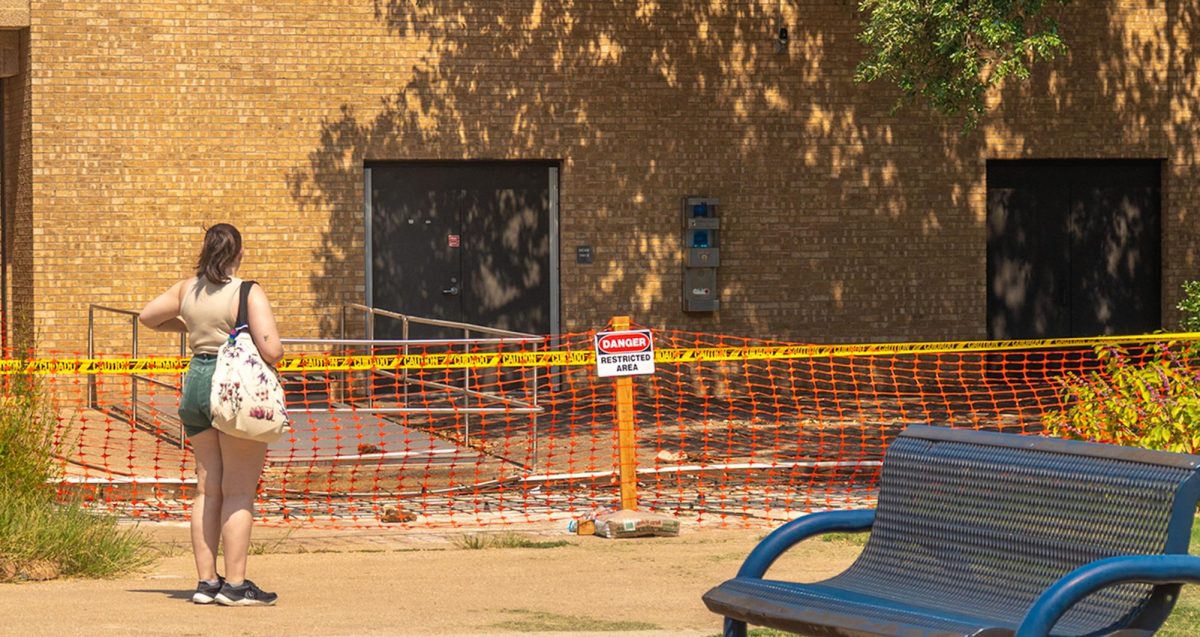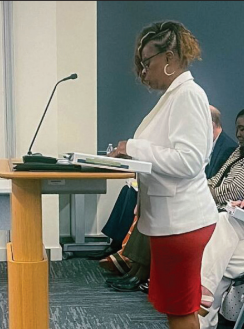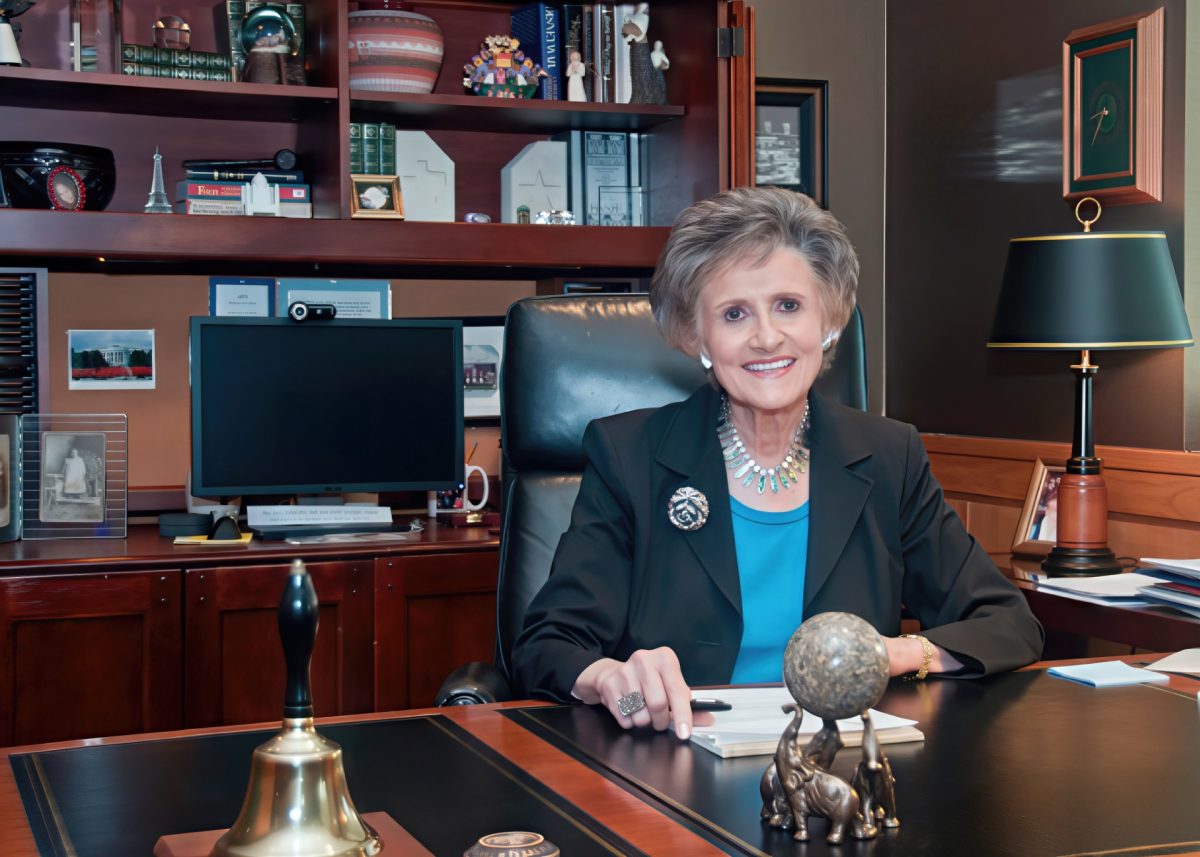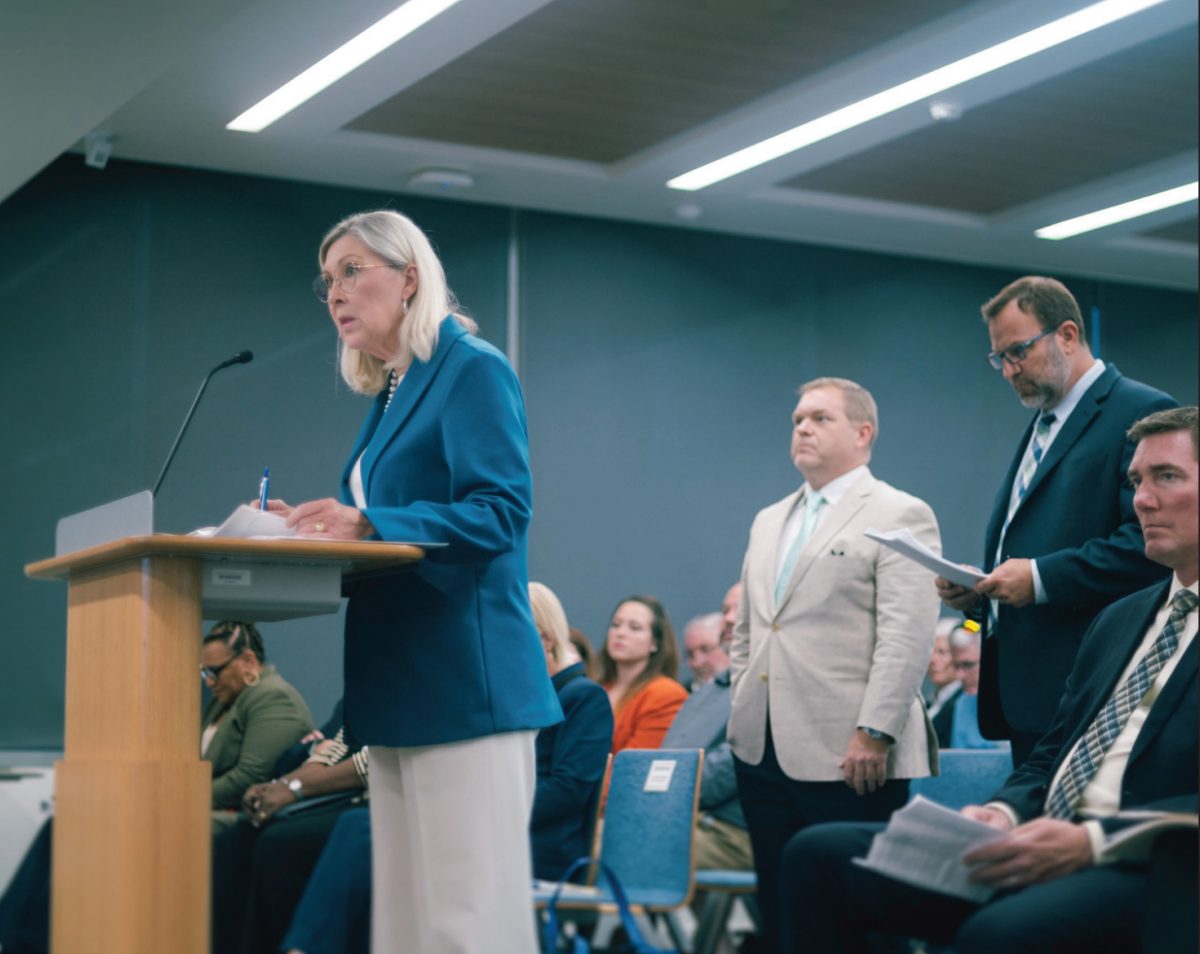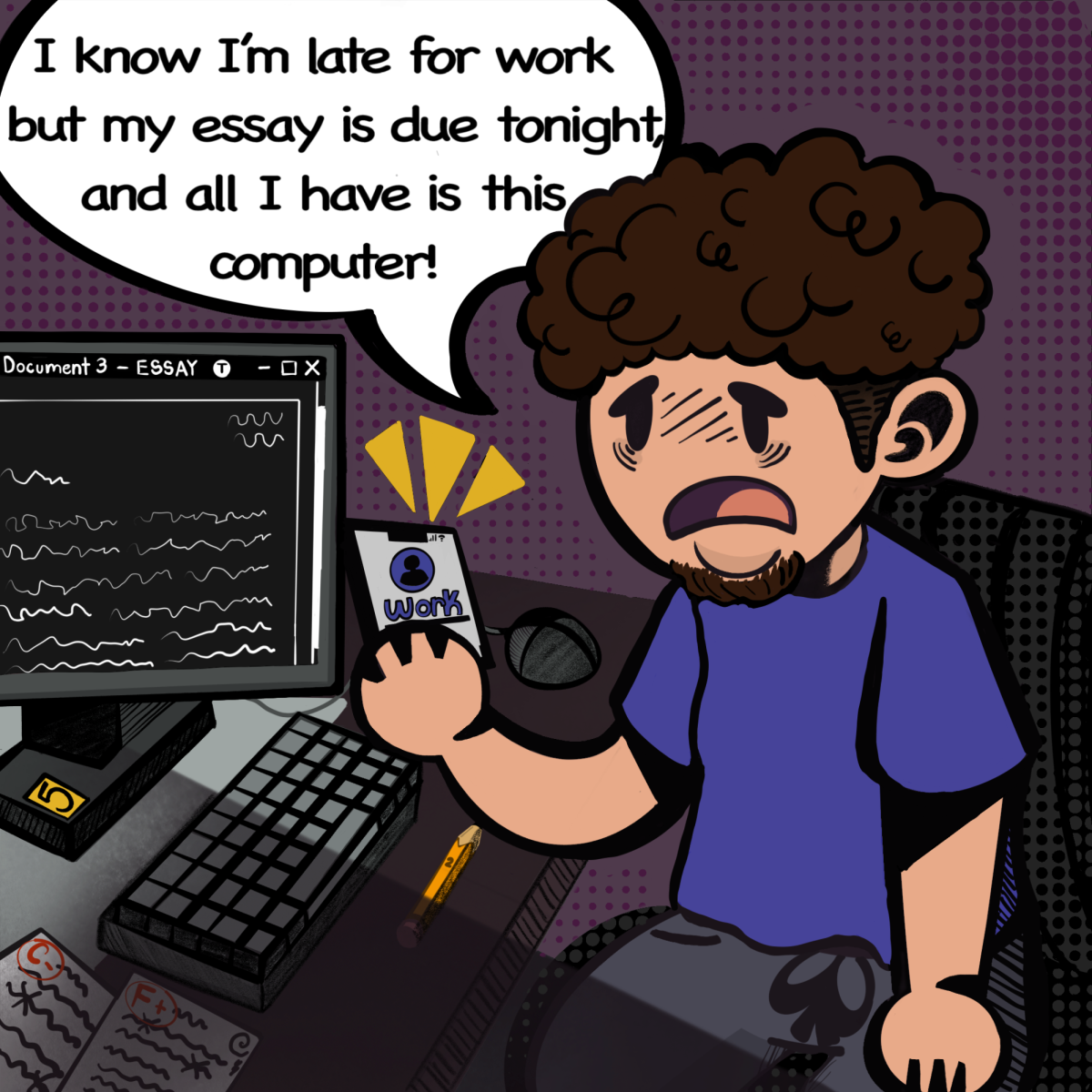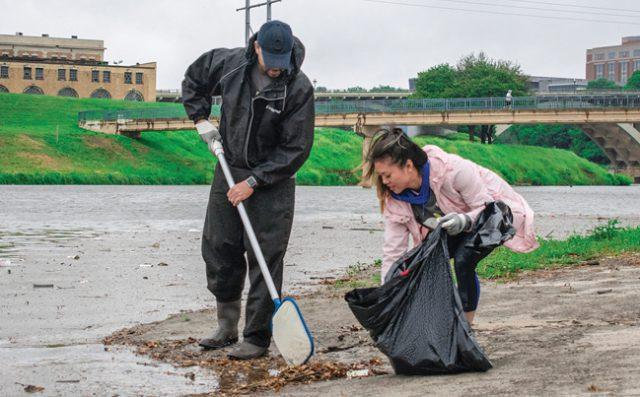By Decordric Winzer/reporter
Students and faculty came to understand the respect and inclusion necessary in regards to people with disabilities when student accessibility resources presented “don’t dis my ability” April 9 in the NE campus library.
Coordinators divided a crowded room of about 100 students and faculty into groups to play a Jeopardy-like game with students working together to answer questions having to do with language, attitude, behavior, everyday accessibility and systematic oppression.
Crimson Hite led the presentation with the word “ableism,” which represents the discrimination and social prejudice against people with disabilities.
Most of the attendees had no idea what ableism meant or who it referred to.
“Once you know better, you can do better,” Hite said.
Students were advised to do their own research and keep questions to themselves before asking people questions about their disability.
“Relate to somebody as a person, not by their physical appearance,” Hite said. “Disabled people are valuable because they are people.’’
Game players were advised to be careful with what they say, and to not use “challenged” or “suffering” to describe someone’s disability.
Some other “don’ts” included words such as low or high functioning to describe people.
“If I was talking to you, would it be okay to call you low functioning?’’ NE student accessibility resources coordinator Kim Eason said.
One might think it’s okay to say something, but it could come off in a wrong way, she said.
When people use the wrong words, it makes it sound negative as if having a disability is “bad” and that people with disabilities “suffer.”
“People aren’t inspiring or brave for not being ashamed of themselves and their disability,” Hite said.
“A lot of people don’t know how to appropriately approach someone with a disability or people don’t know the correct and wrong ways to say something in regard to a disability,” said Ronda Isaacs, NE special services coordinator.
The best way to refer to someone with a disability is with the words “has,” “with” and “is,” Hite said. An example would be referring to one’s brother as “a person with partial sight” instead of saying “a blind person.”
Hite urged students and faculty to do research whenever curious about a disability and to ask questions if they wanted to know how to properly approach people.
“Apologize and correct yourselves when needed, and do better,” Hite said.

